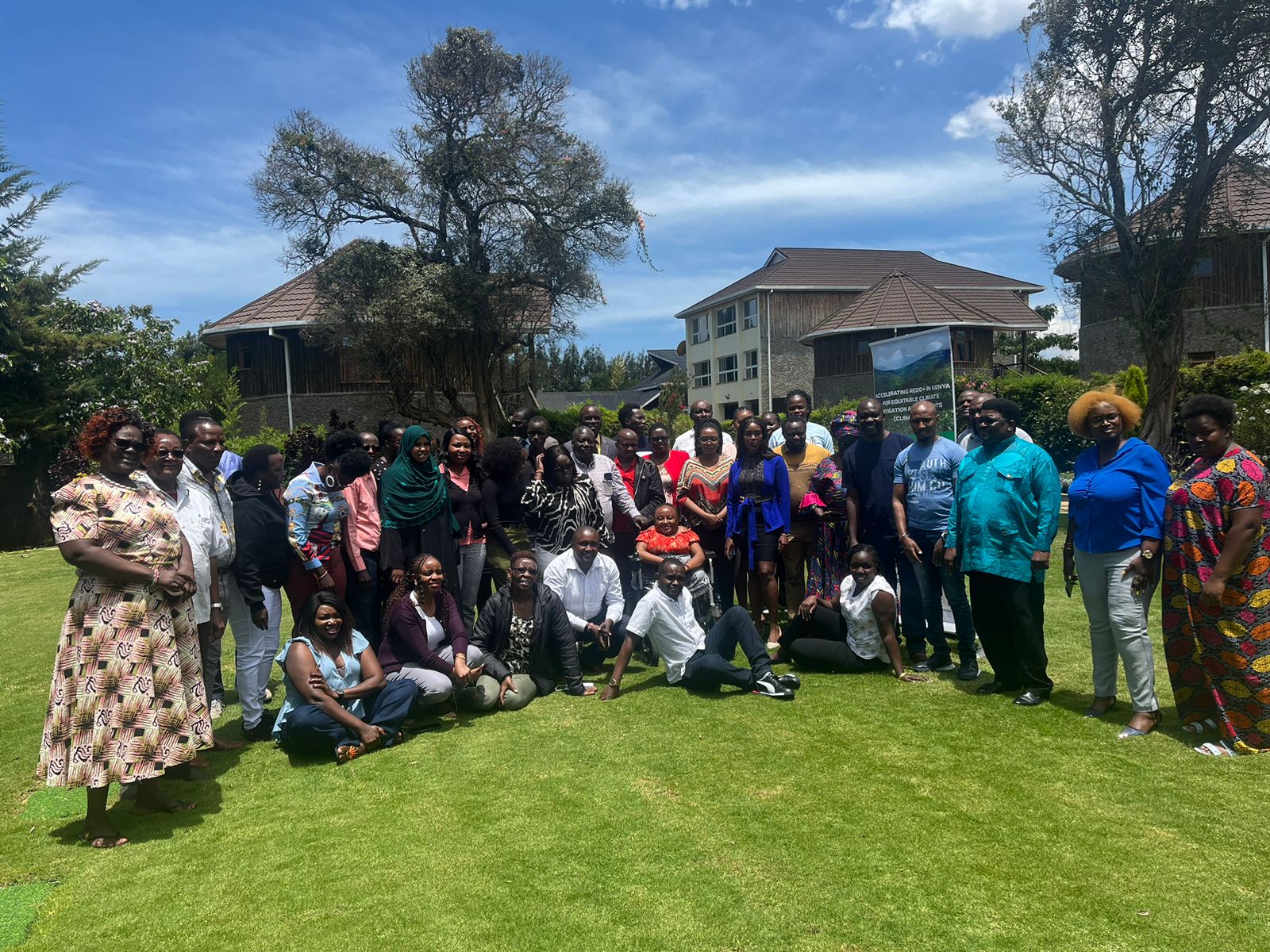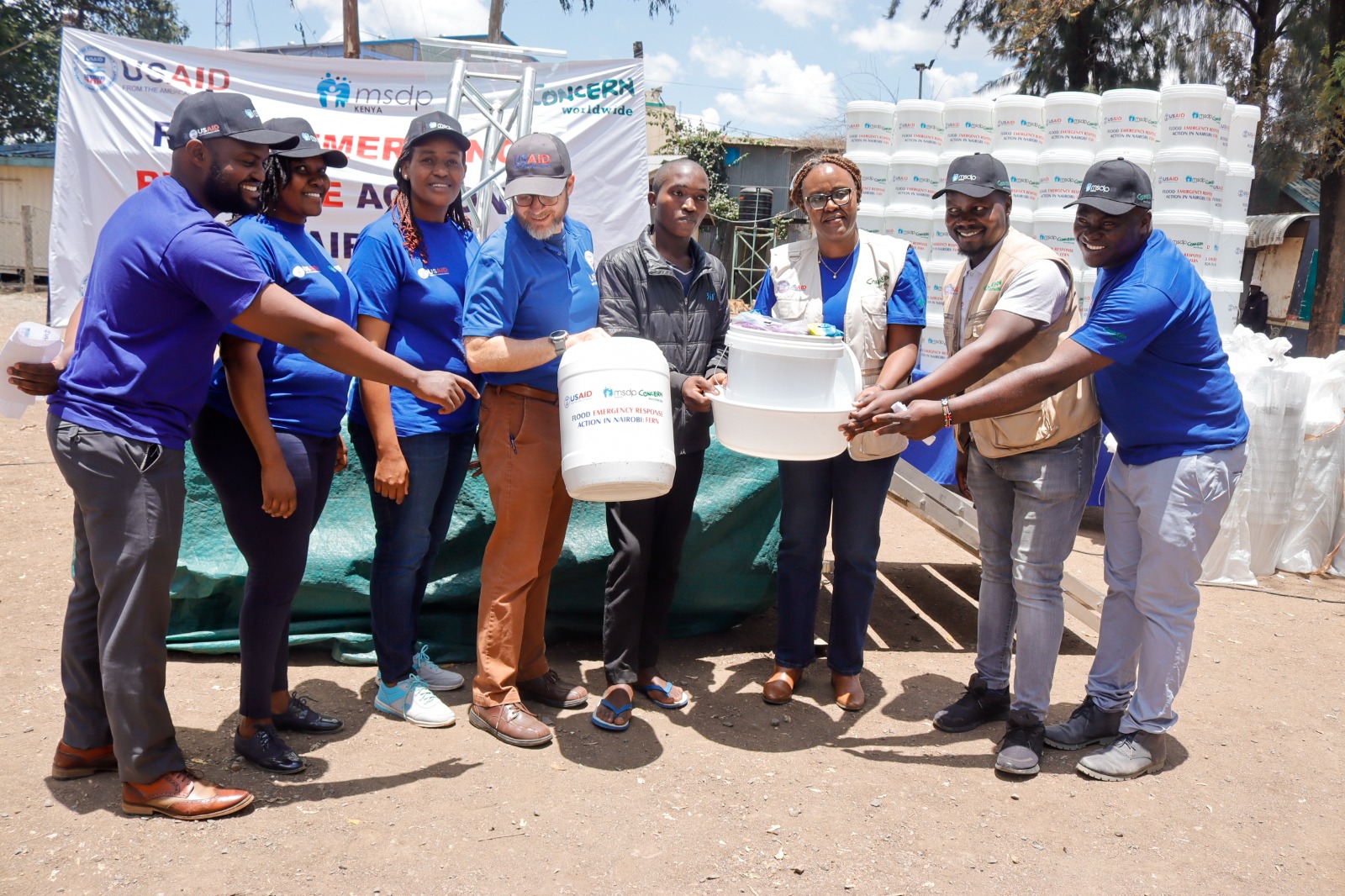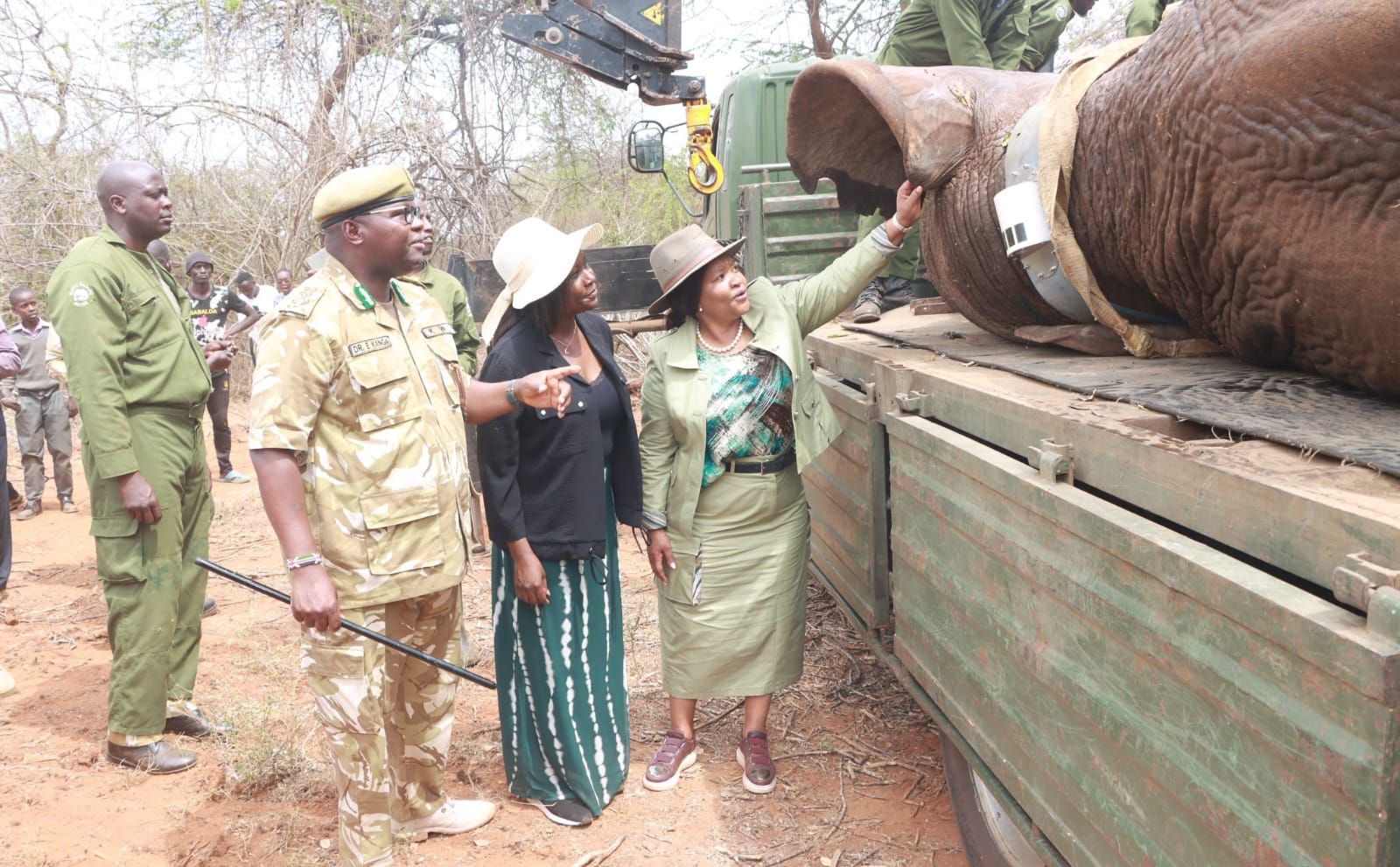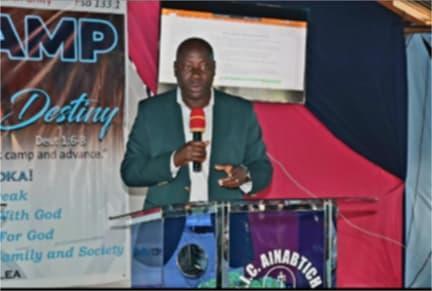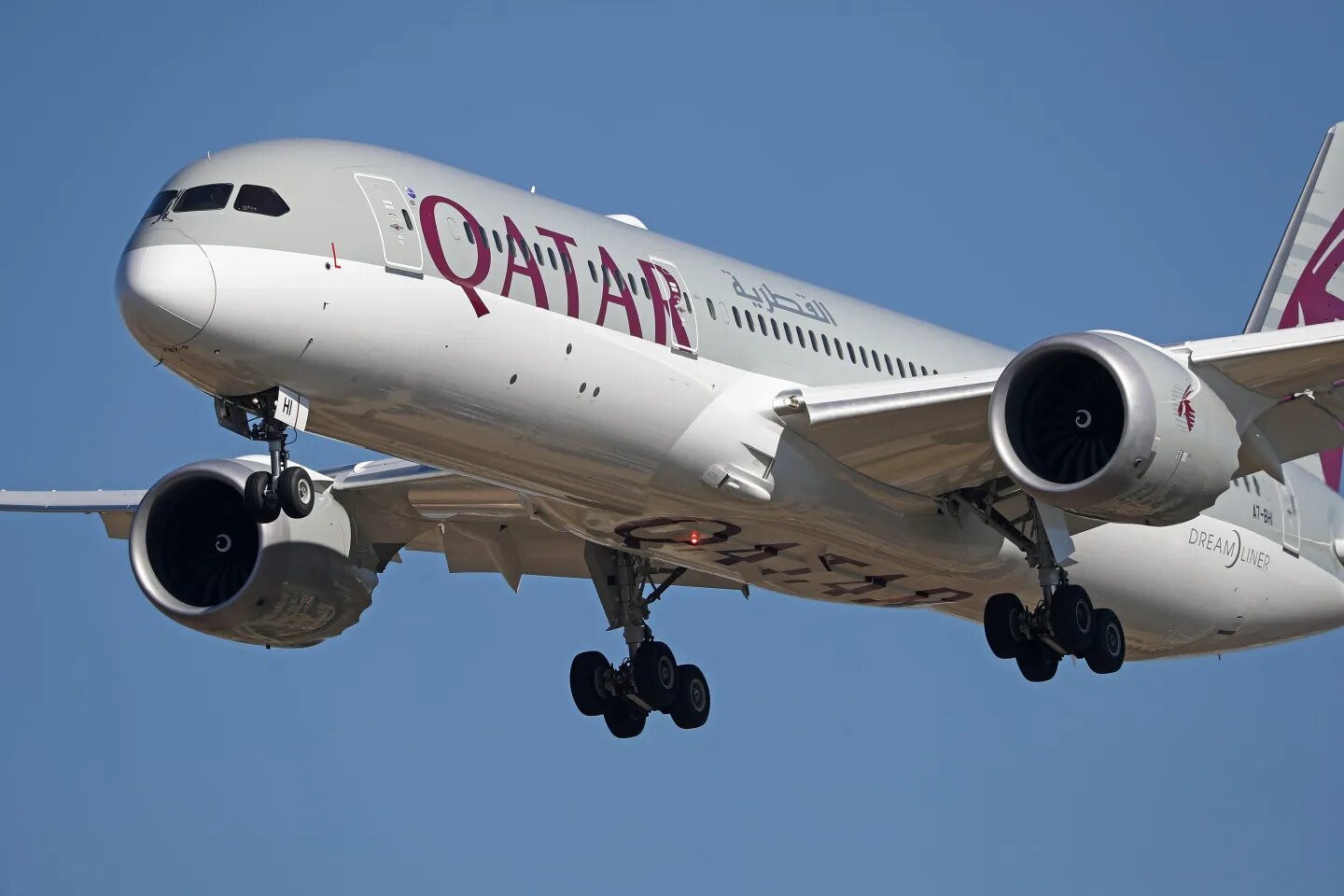Citizen Science Empowers Nairobi Communities to Tackle Water Quality and Sanitation Challenges
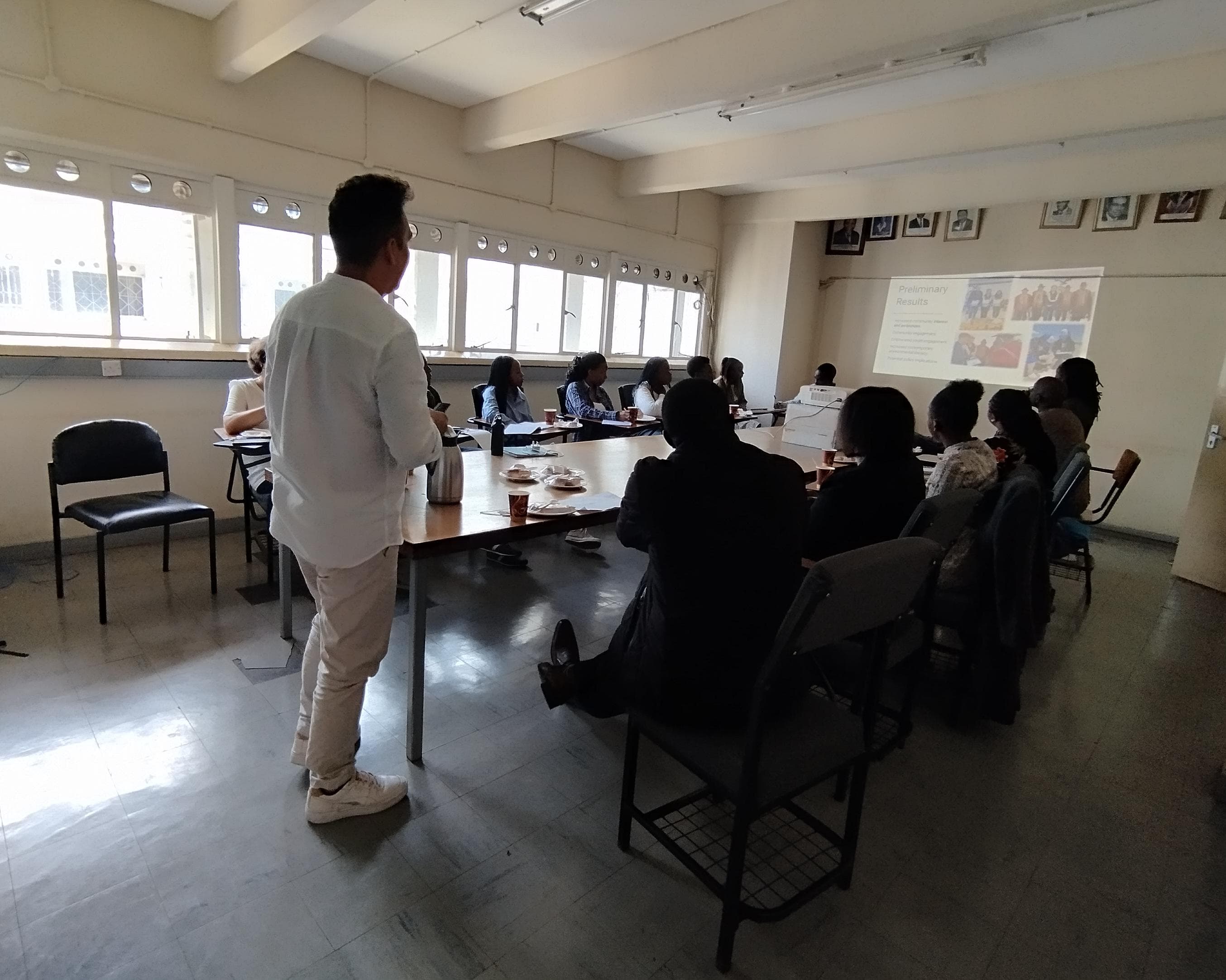
By Beatrice Waithera
Citizen Science is perhaps the most progressive empowerment tool after the internet, today. Innovation in Citizen Science has brought a unique technology that will assist in solving water and Sanitation needs once, adopted by members of the public.
Sanitation needs in urban areas inform urban migration. Nairobi city, which sits in the Athi River basin is often met by sanitation needs that extend to catastrophic exposure to communities, ineffective service delivery, diseases, un-sustaining water economy or simply a strained relationship between human beings and their immediate environment. This has brought adverse effects to the river and nature.
People on the internet paint images of areas they live in, be it urban affluent residences with access to water, upcoming private residences with limited access to fresh water or informal settlements with sparing access to fresh water. Access to water and sanitation needs in informal settlements so far, continue to inform water and period poverty, to the affected.
The Chiromo University Environmental Awareness Club (CEAC), has been involved in environmental action response midstream of the Athi river, on Msongawai river for years now. The campus has effectively delivered on action based environmental research activities, in attempt to conserve their immediate environment.
Water testing Kits.
The University of Nairobi students, Chiromo campus are beneficiaries water quality testing equipment. This technology will promote collaboration between scientists and citizens, by providing accurate and dependable data for referencing by communities.
According to water quality experts, unsafe water kills more people than climate disasters. I caught up with Prof.Ann van Griensven a hydrologist and water quality expert. She noted the need to solve water quality challenges and lack of data through the use of this technology to enable citizen science. “I’m excited to present this equipment to CEAC, that was purchased through the IHE-Delft project on Remote Sensing and Citizen Science, that I’m a part of.” She said.
Prof.Ann was accompanied by her colleague, Afnan Agramont Akiyama, an alumnus of IHE Delft and currently a researcher in the Water and Climate Change Department of the Vrije University in Brussels, Belgium, with whom they have been implementing a citizen science project along Yala River in collaboration with schools and the community. He noted that “Improving water quality requires data and information. Remote Sensing and Citizen Science can be important tools for improving decision-making and governance to water quality”.
Daniel Erot, the current chairman of the Chiromo Environmental Awareness Club (CEAC), noted the importance of the equipment for enabling data collection, data analysis, reporting, increased data to aide in access to information. “We are grateful to MCDI and IHE Delft for this equipment that will help us understand the water quality of the Msongawai river that passes through our Chiromo Campus.” Wangeci Kinoti, the Secretary General of CEAC said “We are excited to learn and are committed to using the information we have gotten here, to make a positive change in our environment”.
The environmental club which has been in existence for over six years, conducts conservation efforts on tributaries which are mid-stream of the River Athi. As the immediate community bordering river Kirichwa, the youth comprised of university of Nairobi students and alumnae are keen to continue the work they begun with the support of friends to the club.
Millennium Community Development Initiatives (www.mcdikenya.org) a community-based organization based in Kenya, has worked with the club members for a considerable amount of time. The collaboration is an indication of a strong relationship between the club and stakeholders that is; the academia, local communities and conservation champions. Following this collaboration, this Remote Sensing for Community Driven Applications- RS-4C project by IHE Delft, which will benefit members of the public through citizen science.
“Soon, and through the guidance of the Laboratory Technician, James Samoie, you shall be able to send your samples of water for testing, at a small fee, and also get trained on water quality testing of drinking water in our homes, and in our rivers, lakes, wetlands, and oceans.” Said Violet Matiru, of MCDI.
The quality water testing kits were shared out days after the launch of Nairobi River rehabilitation process, which entered its third round of cleaning a conservation work in three governments. River Msongowai is said to have had aquatic life back in the early 1990s. The club hopes to be of impact to the river ecosystem.
Beatrice Waithera is a Freelance Broadcast Journalist, Digital Safety Trainer, Environmentalist and founding Director of Young Women Growing Initiative – Kenya.

